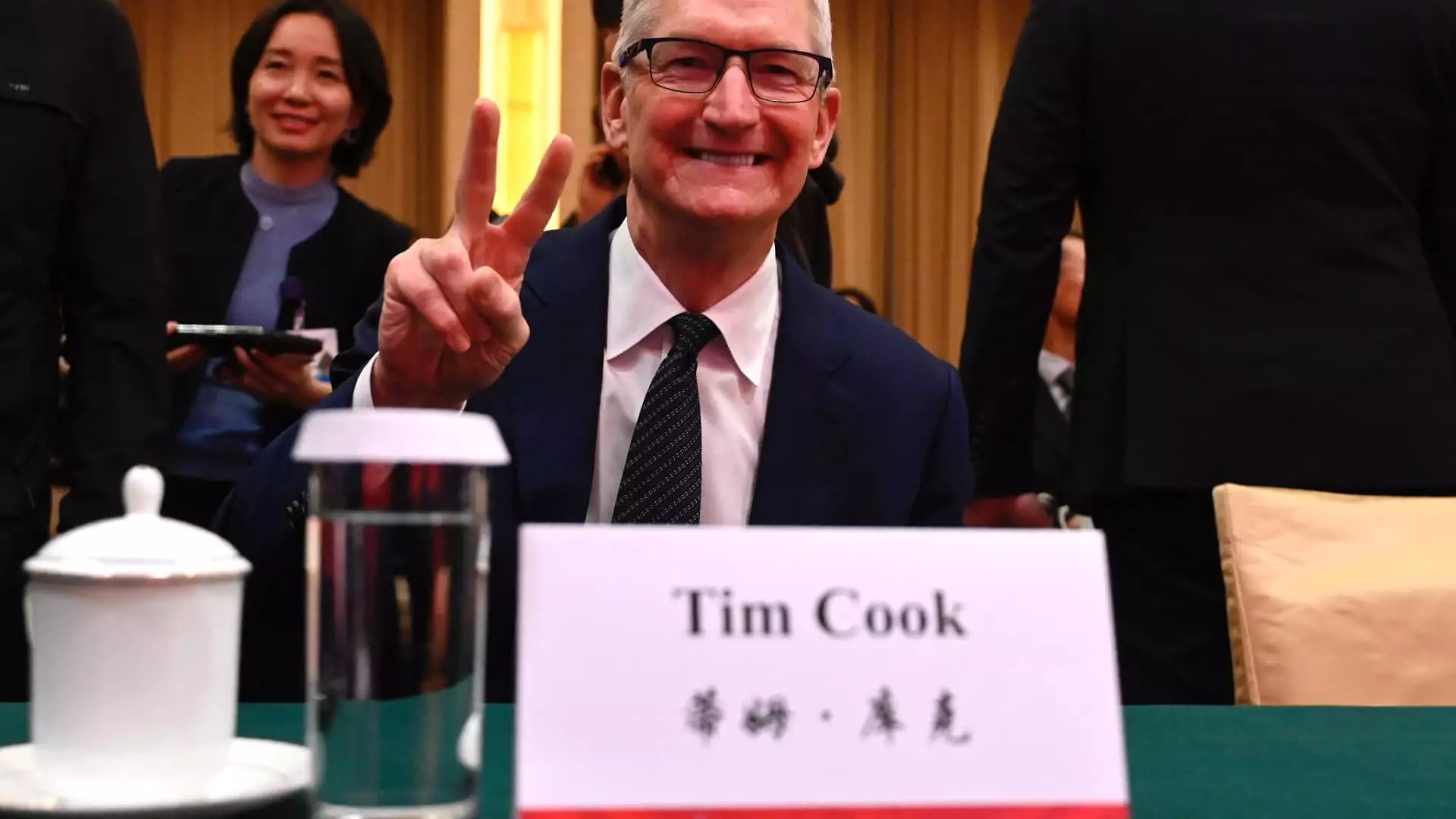Apple’s CEO Tim Cook recently confirmed the launch of the Vision Pro headset in China during an interview with Chinese state media. This announcement comes after the successful launch of the virtual and augmented reality headset in the U.S. earlier this year. Cook’s statement raises questions about Apple’s strategy in the Chinese market and how it plans to compete with local competitors such as Pico, which is owned by ByteDance, the parent company of TikTok.
Analysis of Cook’s Statement
The confirmation of the Vision Pro headset launch in China is a bold move by Apple, considering the challenges the company has faced in the Chinese market. Cook’s visit to China, where he toured a new Apple store in Shanghai and attended the China Development Forum in Beijing, demonstrates Apple’s commitment to the region. However, with the iPhone giant’s sales in China falling nearly 13% in the last quarter, Apple will need to overcome consumer caution and intense competition from rivals like Huawei.
Competing with local headset players like Pico will not be easy for Apple. Pico has established a strong presence in the Chinese market, thanks to its ties with ByteDance. As a result, Apple will need to differentiate its Vision Pro headset and offer unique features to attract Chinese consumers. Pricing strategy will also play a crucial role in Apple’s success in China, especially considering the current economic climate and spending patterns in the region.
Consumer sentiment towards Apple in China has been mixed in recent years. While the company has a loyal customer base, it also faces challenges in winning over new customers and retaining existing ones. Cook’s statement about loving China and its people may resonate well with some consumers, but ultimately, the success of the Vision Pro headset will depend on its performance and value proposition.
Tim Cook’s confirmation of the launch of the Vision Pro headset in China is a significant development for Apple. The company’s success in the Chinese market will depend on its ability to navigate the competitive landscape, win over consumers, and differentiate its product from local competitors. With consumer spending patterns shifting and competition intensifying, Apple will need to stay agile and innovative to succeed in China.


Leave a Reply